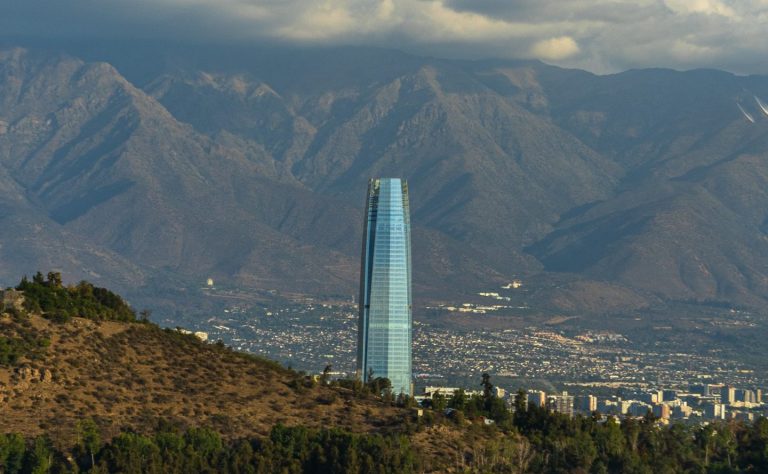
As the international institution charged with maintaining global financial and monetary stability, the International Monetary Fund (IMF) has a vital role to play in ushering in a green transition that is as swift as it is just.
What actions has the IMF taken since the release of its Climate Change Strategy in August 2021 to align the institution’s efforts with a development-centered approach to combatting climate change? And is the IMF on track to help vulnerable countries achieve shared climate and development goals?
A new report from the Task Force on Climate, Development and the International Monetary Fund provides an independent, preliminary assessment of the IMF’s efforts to mainstream climate change. The assessment is evaluated through the development-centered lens articulated in the Task Force’s initial strategy report and advances actionable policy recommendations for the IMF and its stakeholders.
The Task Force welcomes the early steps taken by the IMF to date, beginning to integrate climate into surveillance activity and most importantly, the establishment of the Resilience and Sustainability Facility (RSF) with re-channeled Special Drawing Rights following the IMF’s historic allocation in 2021. However, the report finds that, while modest progress has been made, the IMF must show greater leadership on climate change and development in three key areas:
IMF surveillance and lending must help member states make the proper investments toward low-carbon, carbon resilience and socially inclusive growth paths. To that end, the Task Force advances a series of concrete policy improvements across the IMF toolkit:
While the IMF has made strides in mainstreaming climate change into its operations, the progress to date does not match the urgency of the moment, nor a full alignment with the varied development needs of member states, particularly emerging market and developing economies.